“Hope of consciousness is strength; hope of feelings is slavery; hope of body is disease.”
“This is a fearful, hopeless and even nihilistic time.”
“Hope in reality is the worst of all evils because it prolongs the torments of man.”
Whew!! Other than placing your hope in consciousness, those are some pretty bleak quotes!
Is hope hopeless?
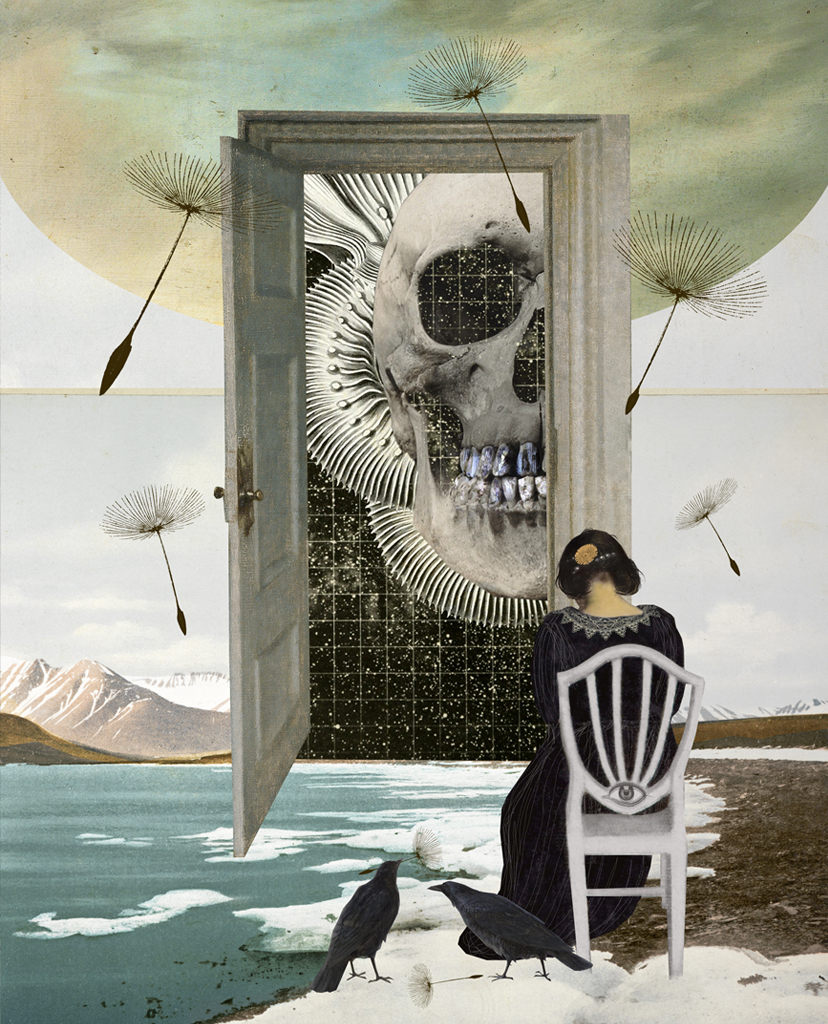
That’s the question I want to take on in this post.
Given the dark times in which we are living (e.g. climate change, war, pandemic, inequality, inflation, species extinction), I’ve been thinking a lot about hope lately and how to find a way to look forward to the future.
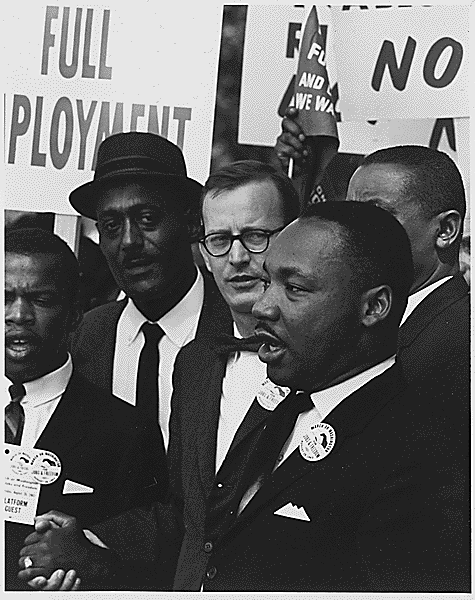 A couple of inspiring books informed my thinking and led me to answer the question above with a definite “NO.” The first, Hope in the Dark, was written by Rebecca Solnit in 2004. The second, Still Hopeful, was written by Maude Barlow in 2022.
A couple of inspiring books informed my thinking and led me to answer the question above with a definite “NO.” The first, Hope in the Dark, was written by Rebecca Solnit in 2004. The second, Still Hopeful, was written by Maude Barlow in 2022.
What struck me as I reflected on the messages in each of these books was how much has changed in the 18 years between the two.
In 2004, Solnit was describing the darkness of the Bush administration complete with its false claims of WMDs and justifications for its misadventure in Iraq. In 2022, Barlow is clinging to hope in the era of Trump, Putin, continuous climate disasters, and a global health crisis. It’s amazing that she is still hopeful in this context. I had to find out why.
First, let’s explore why Solnit was hopeful in 2004. Primarily, she reminds us that things are not as bad as we think they are and that things have gotten better over the course of time. She brings us back to the seemingly endless cold war in the 1960s, the progress of the Civil Rights movement in the 1970’s, and the lack of environmental protections we have historically lived without.
She documents how many victories have been achieved by people who care about peace, justice, and the environment. While she acknowledges that peace marches failed to preclude the Invasion of Iraq, Solnit implores us to draw on the energy created by internet-based uprisings throughout the world. She suggests that this type of activism can change the world incrementally.
She also confronts our delusions about overly-idealistic changes by saying, “This is earth. It will never be heaven.”
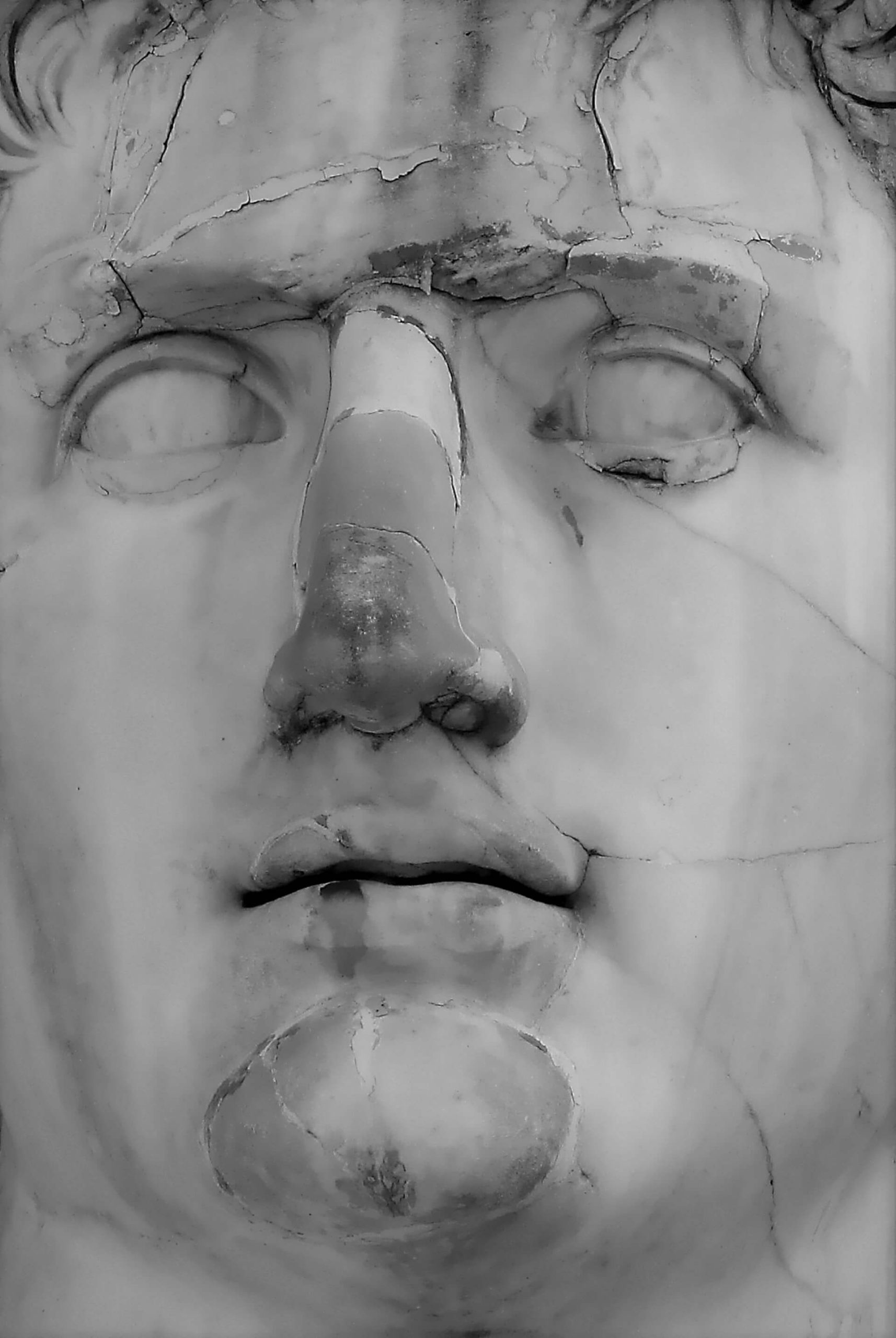 Solnit’s radical plea for hope is that we sustain our commitment to act in an uncertain and unpredictable world.
Solnit’s radical plea for hope is that we sustain our commitment to act in an uncertain and unpredictable world.
Her decades of experience and depth of knowledge on environmental, cultural and political history strengthen her case that we should remember the forgotten transformational victories in the past as well as the possibilities for positive results in the futureeven though they may not be immediately known. Overall, this book deepens our perspective on change, sheds light on the darkness of our time, and implores us to stay focused on possibilities against the backdrop of the realities.
Now let’s turn to Barlow, a Canadian author and activist, who works internationally for the human right to water. In Still Hopeful, Barlow offers lessons of hope from a lifetime of activism. In her battles against free trade and globalization and for feminism and water justice, she concludes that effective activism is less about the goal and more about building a movement to fuel momentum.
While she acknowledges how hard fighting for change can be, she has learned that change does happen and that hope is the essential ingredient.
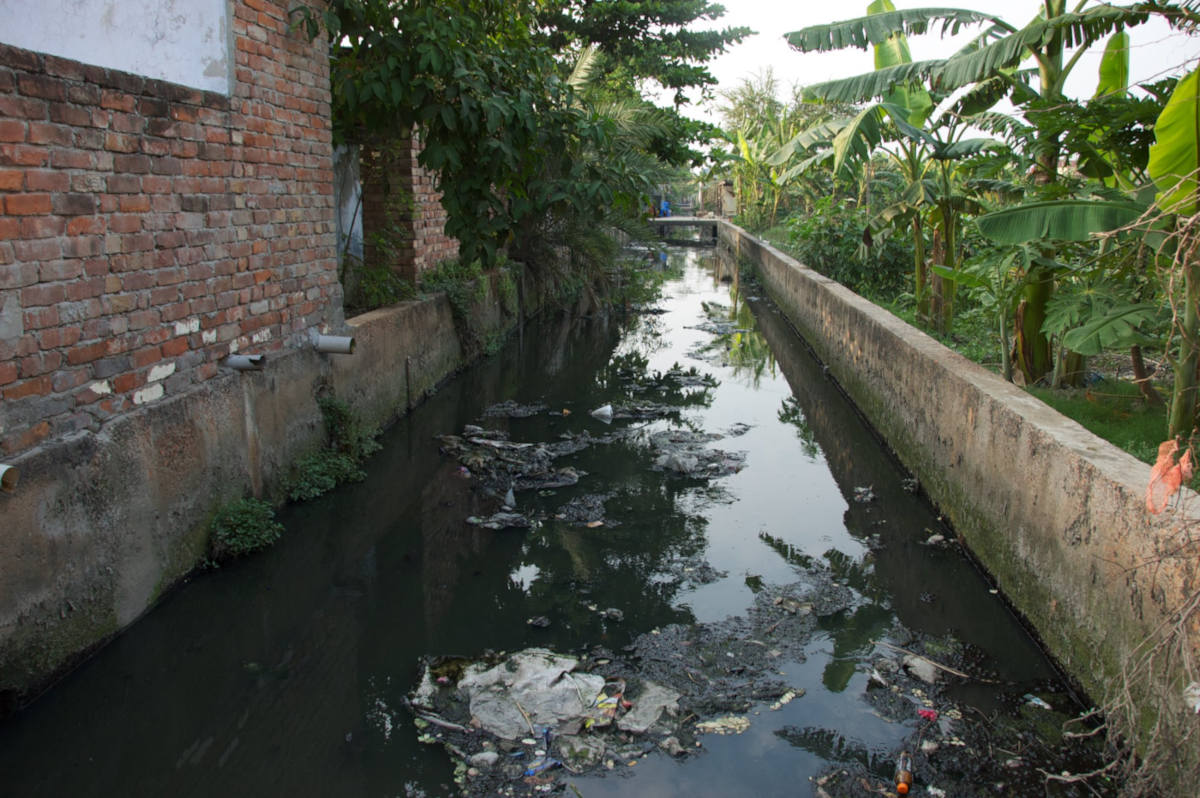 In the face of increasing anger and frustration about the worsening climate crisis and the slowness of meaningful solutions, Barlow’s message remains that we should not give up hope and that building broad-based coalitions are still possible. In a clear and concise style, Barlow explains the complications and consequences of global trade, the World Trade Organization, and the privatization of water resources and distribution. She encourages us to confront the challenge of preventing water-stress for two thirds of the world’s population.
In the face of increasing anger and frustration about the worsening climate crisis and the slowness of meaningful solutions, Barlow’s message remains that we should not give up hope and that building broad-based coalitions are still possible. In a clear and concise style, Barlow explains the complications and consequences of global trade, the World Trade Organization, and the privatization of water resources and distribution. She encourages us to confront the challenge of preventing water-stress for two thirds of the world’s population.
One of the most staggering facts to me was that the world now consumes one million bottles of water every minute.
That’s a lot of plastic and a lot of processed water. Even if we make dramatic changes in the years ahead, we will be facing critical water issues.
Barlow’s themes in this book, and what keeps her hopeful, are the successes she has had by building coalitions and bridges among different groups.
She suggests that success is difficult to measure quantitatively, but it is easy to see qualitatively by forging links among multiple organizations.
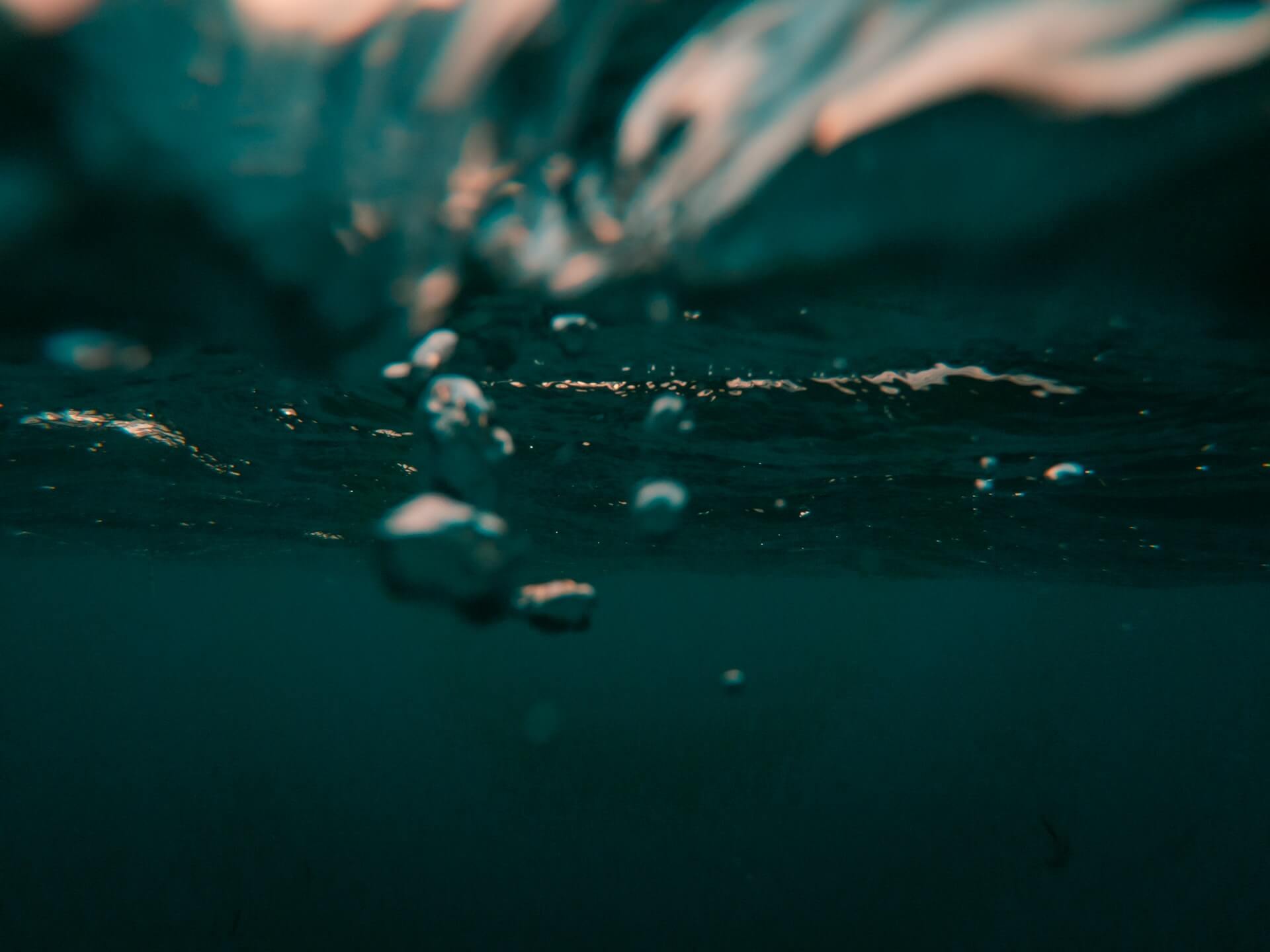 Barlow has fought the commodification of water her whole life. It would have been easy for her to give up hope. Her efforts paid off, however, when the UN General Assembly recognized water and sanitation as “essential for the full enjoyment of the right to life.” Her life is a moving testimony for the realization of possibilities through hard work, courage and perseverance.
Barlow has fought the commodification of water her whole life. It would have been easy for her to give up hope. Her efforts paid off, however, when the UN General Assembly recognized water and sanitation as “essential for the full enjoyment of the right to life.” Her life is a moving testimony for the realization of possibilities through hard work, courage and perseverance.
Still Hopeful does not gloss over the enormous challenges we are facing around the globe, but Barlow still refuses to let go of hope. Perhaps most compellingly, she suggests that
“hope is a moral imperative.”
Her opening lines in the book are:
“When you are tired, learn to rest, not to quit.”
That statement, in a nutshell, ought to inspire us to hang onto hope even when things seem hopeless.
To me, hope is the possibility of finding joy in a few moments.
Those moments can come from music, books, dance, relationships, social activism, small victories, and new ideas. Finding hope comes from being open to opening to new possibilities. Think about it. When we close down, our world gets darker. When we open up, we let the light come in. Hopefully, we will be able to open to more than a few of those moments in our lifetime from a number of sources.
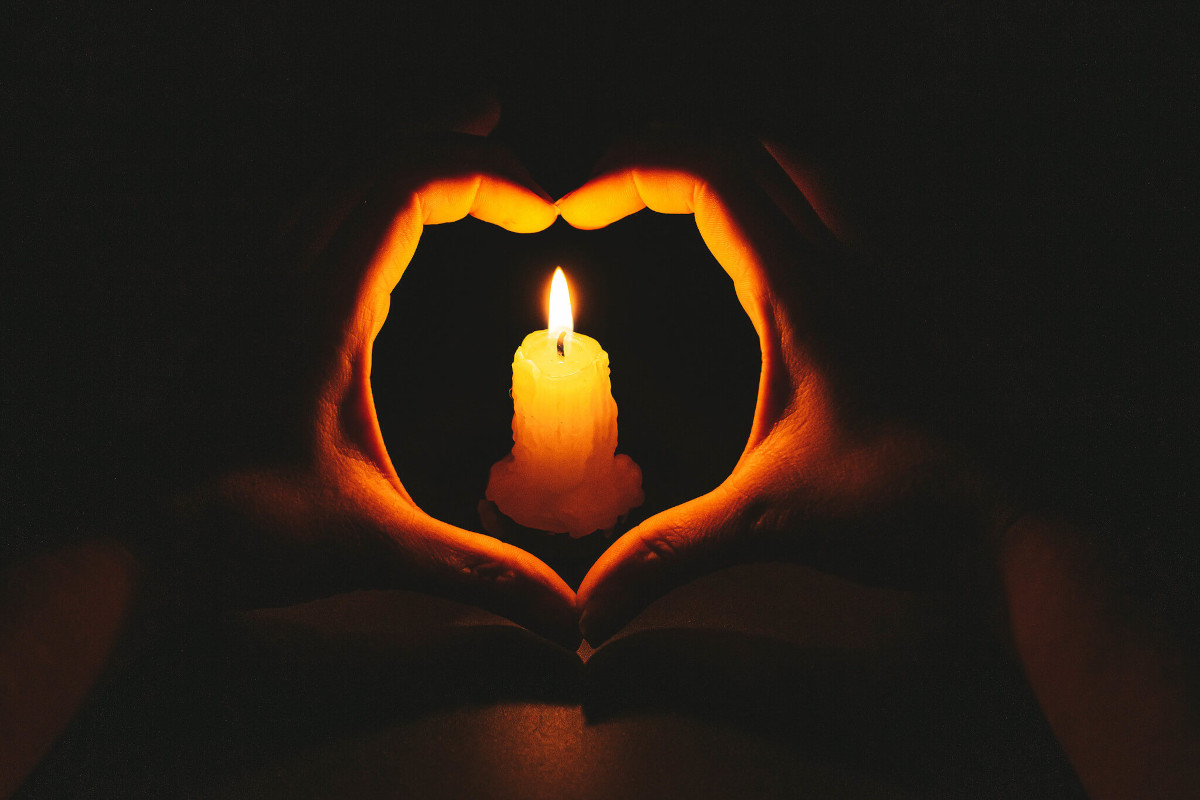
I also believe that we can still find hope by developing a sense of agency and meaning in our lives. Agency is defined as “the capability of an individual to actively and independently choose and to affect change, i.e. free will or self-determination.” Meaning can be defined as a sense of importance or purpose. I feel like I have agency when I can make choices and make a difference. My life seems meaningful when I’m engaged in what feels important and is aligned with my purpose.
It seems to me that hanging onto hope is easier when we have a sense of agency and we are engaged in meaningful work and conversations.
When I feel like I’m making a difference, I’m filled with hope.
In a recent column in the New York Times, Michelle Goldberg said, “This is a fearful, hopeless and even nihilistic time,” but she then argued that people need to be optimistic and confident about change in spite of the challenges we are facing. She suggests we need to be able to paint a picture of a better world and enlist people in the adventure of trying to create it. I agree.
Hoping to find a quote to lift my spirits, I came across a poem entitled A Women’s Creed [1], which was presented at The Women’s Environment and Development Organization in 1994. For me, it paints a beautiful picture of what we might all hope for:
“Bread
A clean sky
Active peace
A woman’s voice singing somewhere
Melody drifting like smoke from the cook-fires
The army disbanded
The harvest abundant
The wound healed
The child wanted
The prisoner freed
The body’s integrity honored
The lover returned
The labor equal, fair, and valued
Delight in the challenge for consensus to solve problems
No hand raised in any gesture but greeting
Secure interiors – of heart, home, land – so firm as to make secure borders irrelevant at last
And everywhere laughter, care, celebrations, dancing, contentment
A humble, earthly paradise, in the now.”
After reading Solnit and Barlow, I think I have a deeper appreciation of the imperatives not to give up and to build stronger coalitions for the changes we want and need if we are going to sustain our planet.
And, I still agree with Gurdjieff that we need to place our hope in consciousnessawakening to the possibility of each moment.
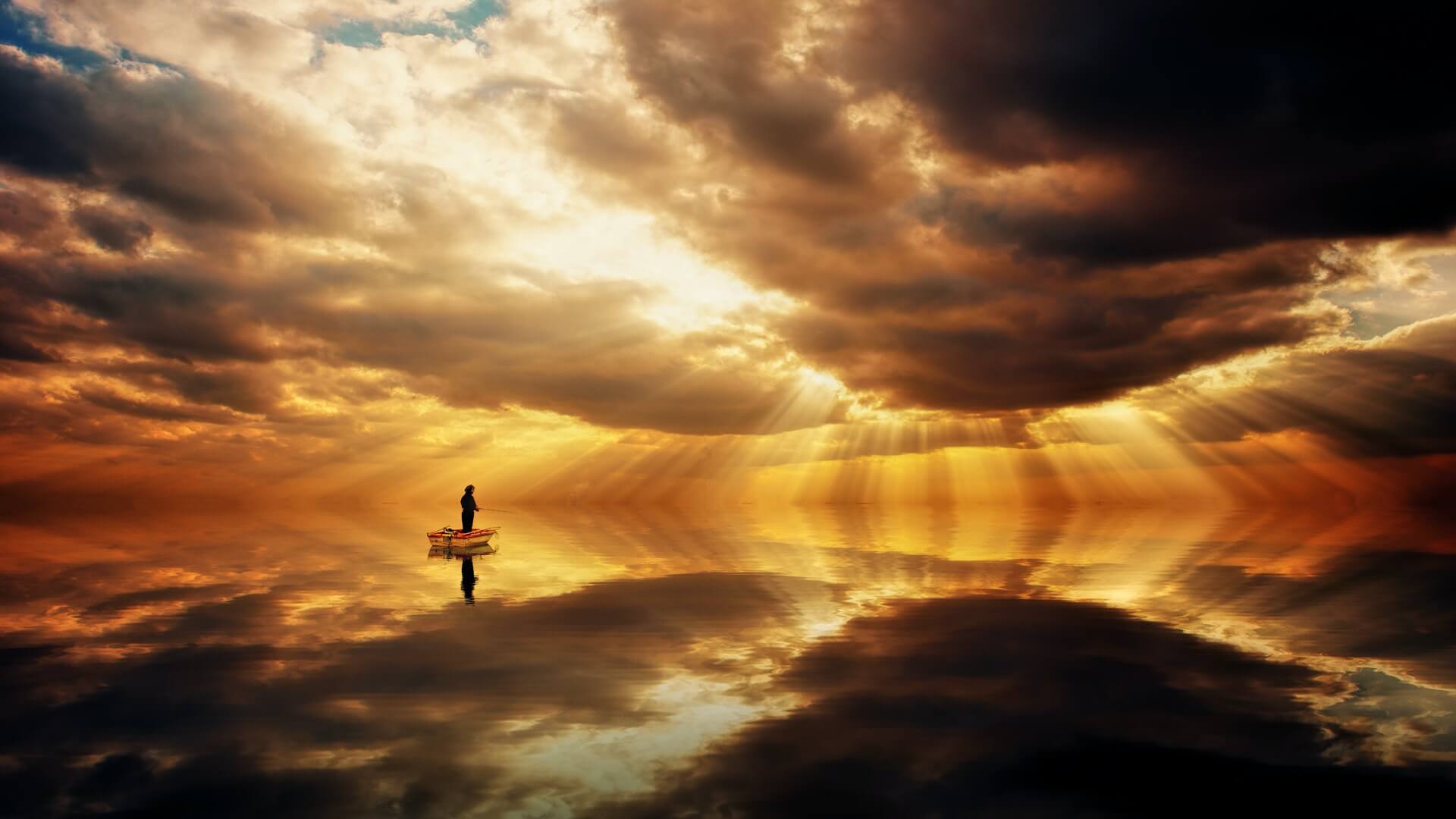 My wife, always on the look-out for great books, came across a beautiful collection of “small joys for today and everyday” by Sophie Blackall entitled: Things to Look Forward To. It’s a wonderful counting of blessings at a time when we are full of anxiety, fear, grief and uncertainty. Sophie recalls the accidental death of her husband while he was traveling on the other side of the world.
My wife, always on the look-out for great books, came across a beautiful collection of “small joys for today and everyday” by Sophie Blackall entitled: Things to Look Forward To. It’s a wonderful counting of blessings at a time when we are full of anxiety, fear, grief and uncertainty. Sophie recalls the accidental death of her husband while he was traveling on the other side of the world.
She struggled to find rays of sunshine through the clouds of her grief, but found hope in the beauty, wonder, and delight of everyday moments.
She told herself,
“there is always something bright on the horizon—even if we have to squint to see it. Even if we have to create it ourselves.”
The list she compiled is a pleasure to ponder. The book may help you find things to look forward to as well. May it be so.
Also published on Medium.
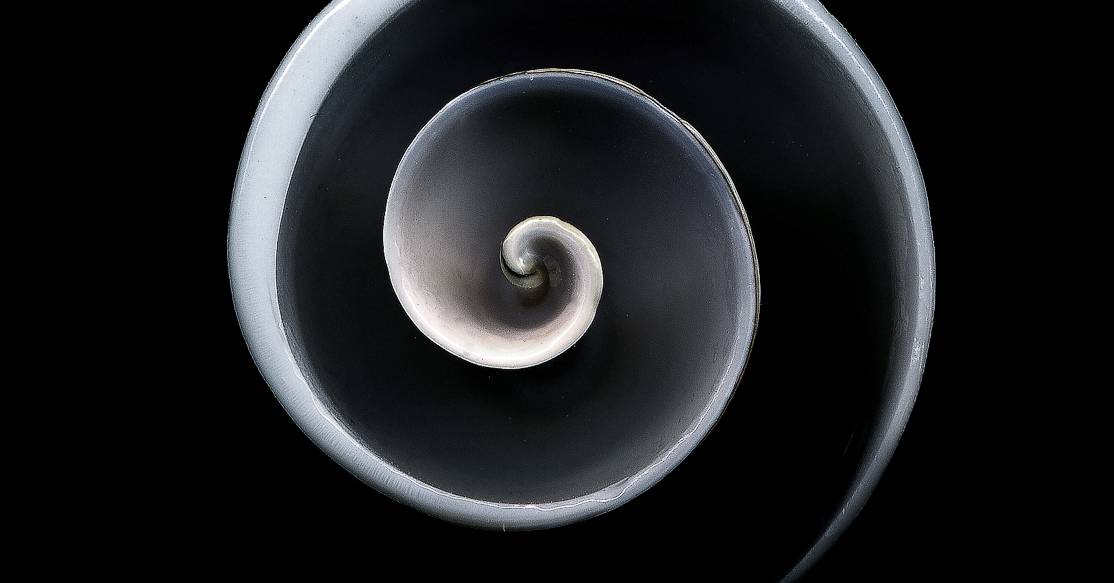

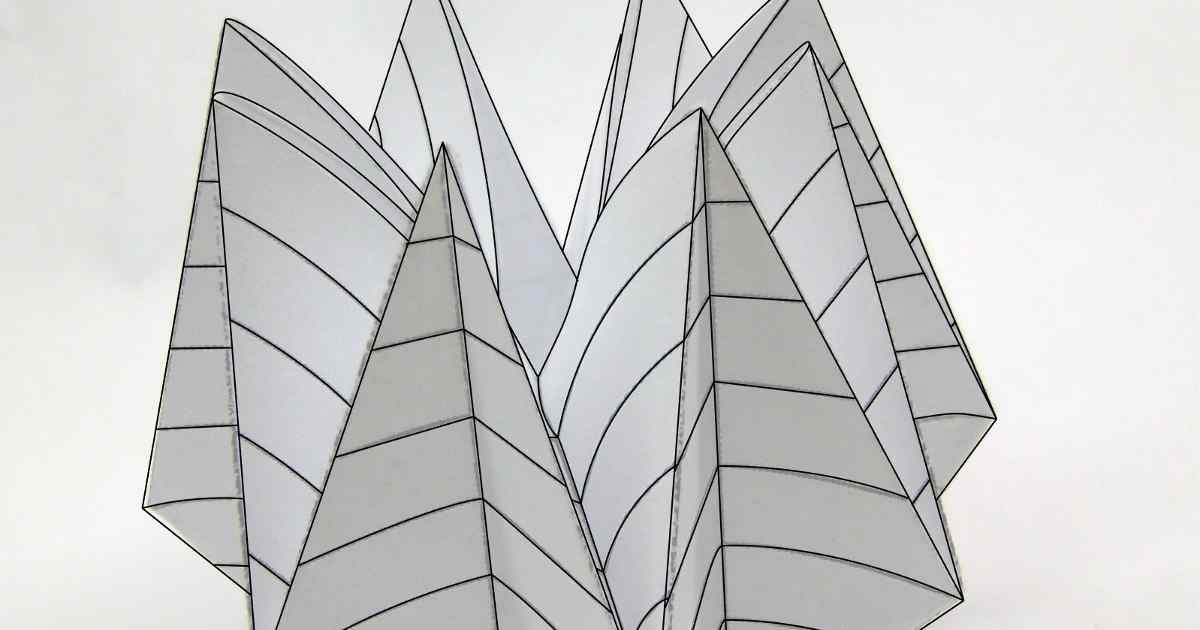
[…] to work together to help inmates, prisoners, and released felons get started on sustainable paths. In my next post, I will address how to help people in need of corrections get ready for changing their lives, make […]